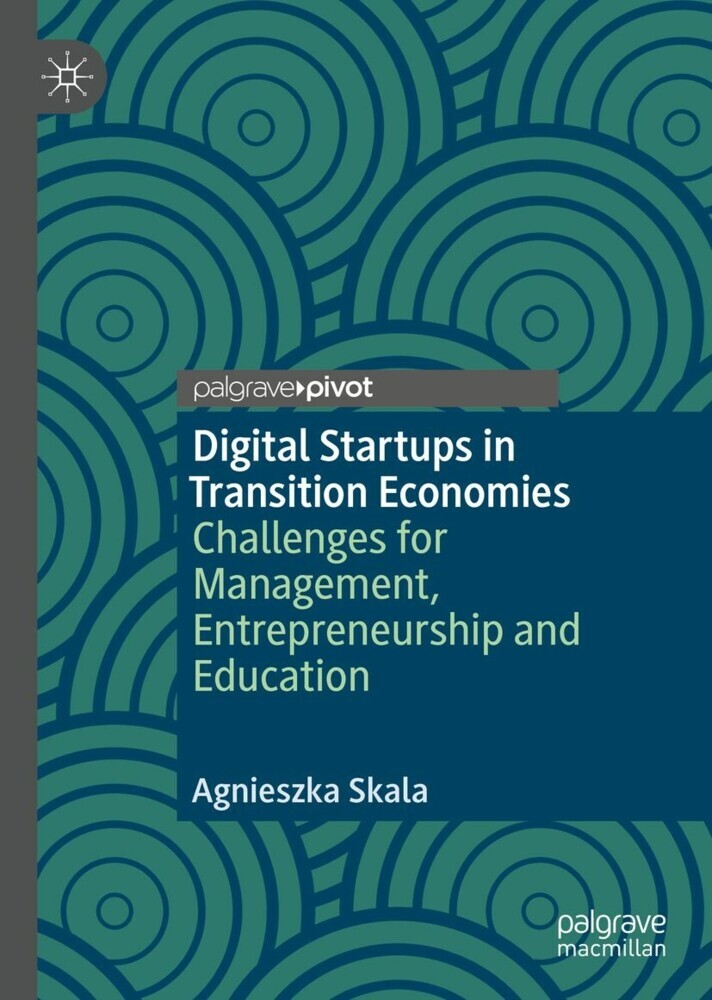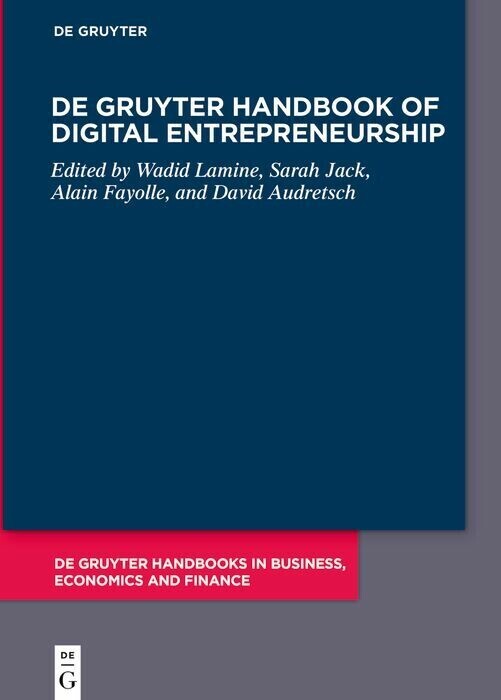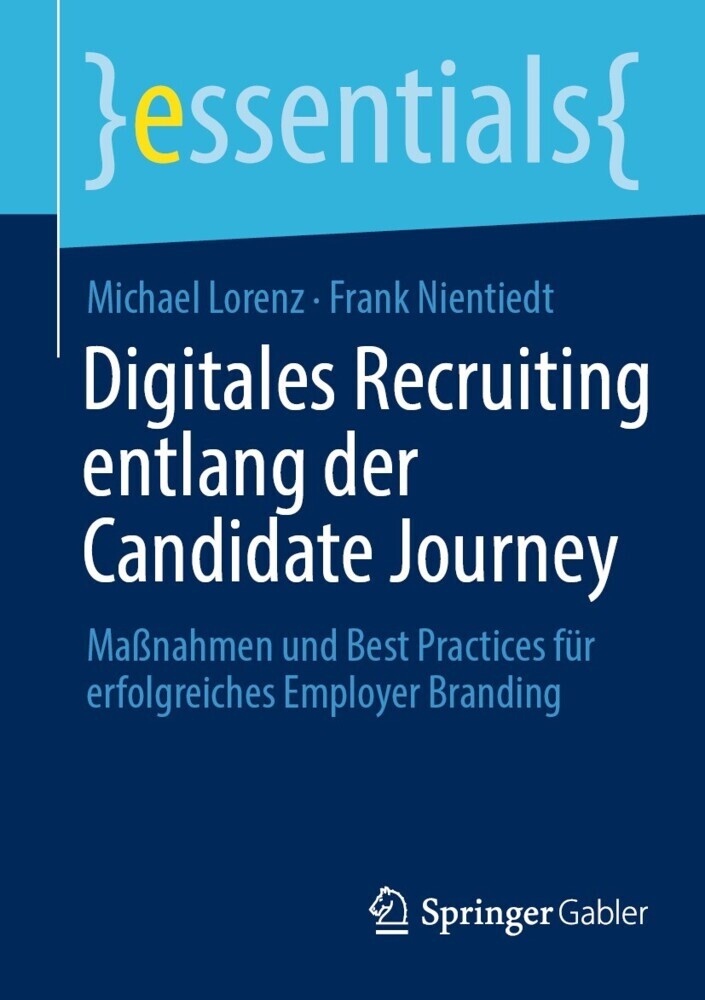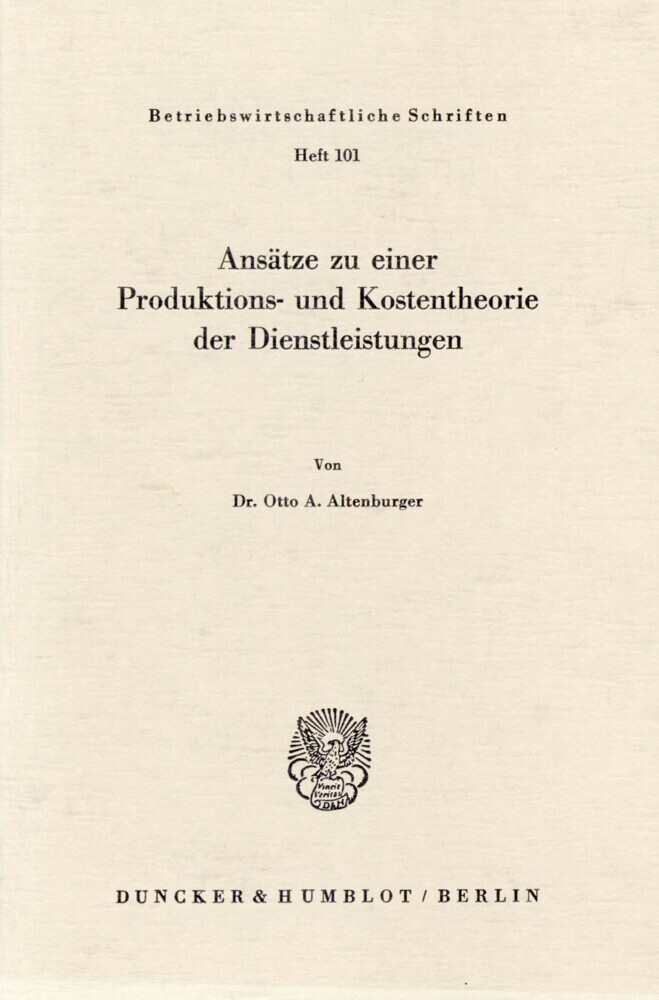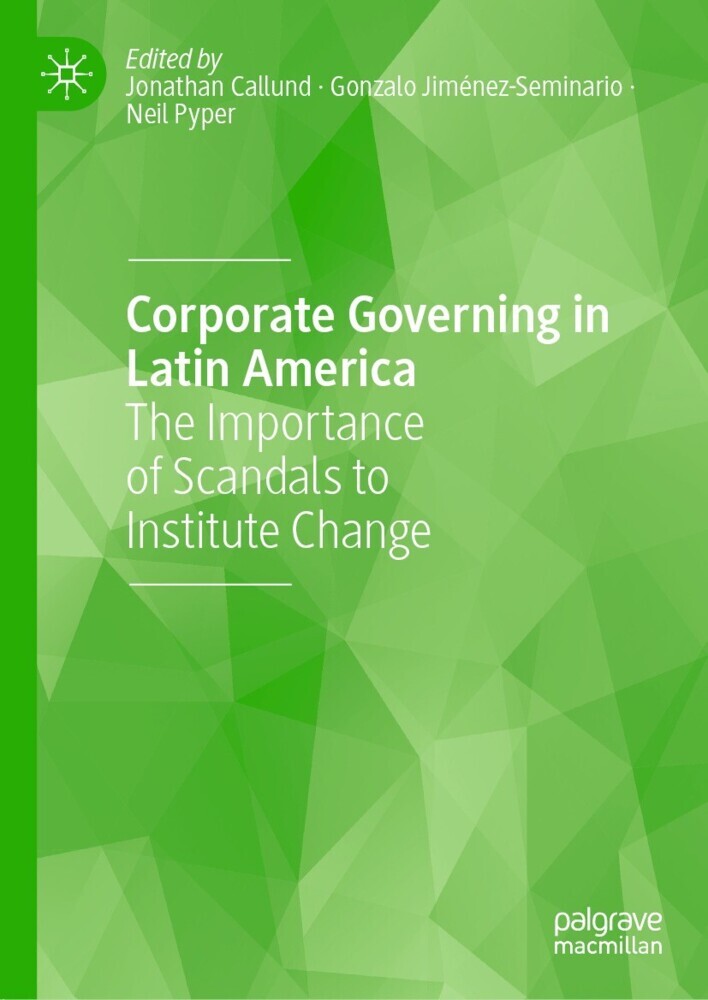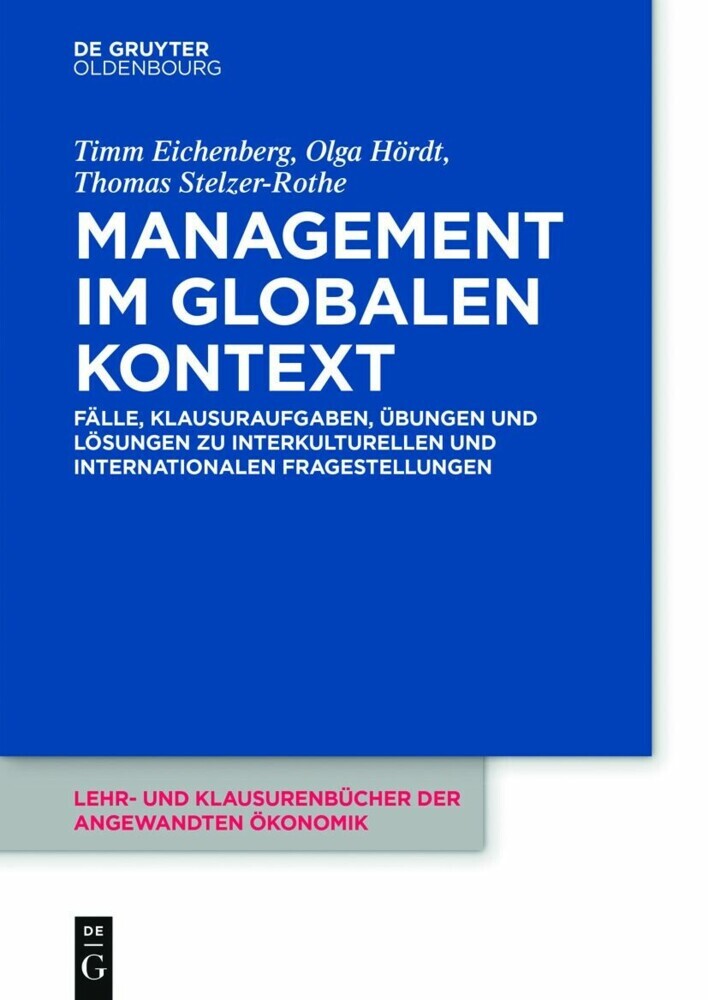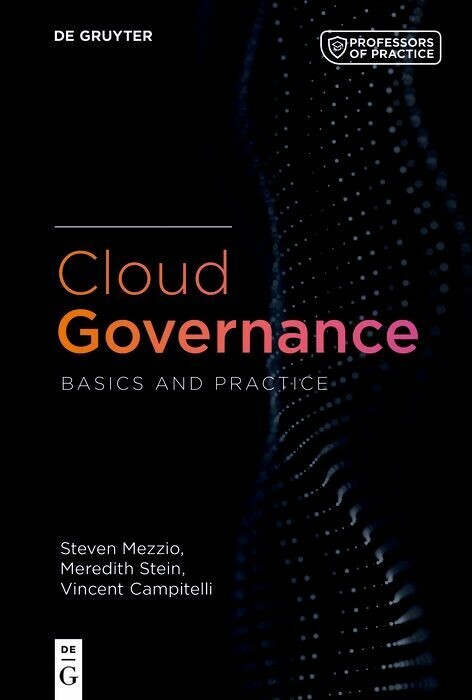Digital Entrepreneurship in Sub-Saharan Africa
Digital Entrepreneurship in Sub-Saharan Africa
This pioneering collection seeks to understand why and how some digital enterprises in Africa progress while others firms either stagnate or regress. Using a range of detailed case studies, it addresses the challenges and barriers that are in place and how some outstanding digital firms deal with operating in a hostile business environment. While digital platforms have created equal access for small businesses, many digital entrepreneurs in Africa continue to struggle with local environments replete with corruption, and other economic inefficiencies. The contributions move the debate forward by addressing the challenges, opportunities, and prospects of digital enterprise in Africa. Placing special emphasis on how African new entrant digital firms are shaping the landscape and forging a new beginning for Africa, this book offers entrepreneurial perspectives to both researchers and policy-makers seeking to support and stimulate entrepreneurship in the new era.
Nasiru D. Taura is a Lecturer of Entrepreneurship and Innovation in the Faculty of Management at Bournemouth University, UK. Prior to joining Bournemouth University, he was an Associate Lecturer at Southampton Solent University, UK, where he taught finance and aspects of entrepreneurial finance. Nasiru is an Associate Fellow of the Higher Education Academy (HEA) and a Fellow of the Royal Society for the Encouragement of Arts, Manufactures and Commerce (RSA).
Elvira Bolat is a Senior Lecturer of Marketing in the Faculty of Management at Bournemouth University, UK. After leading Bournemouth University's first inter-faculty degree, the BSc (Hons) in Marketing, Elvira is now Global Engagement Leader within the Department of Marketing and is responsible for driving the department and university's global agenda.
Nnamdi O. Madichie is currently Director of the Centre for Research and Enterprise at the London School of Business and Management, UK. Previously he has taught marketing programmes and held various academic positions at the University of East London, UK, the University of Sharjah, UAE, and the Canadian University Dubai, UAE. He is a Fellow of the Chartered Institute of Marketing and the HEA.
1;Foreword;7 2;Ashok Ranchhod Obituary;10 3;Contents;12 4;Notes on Contributors;15 5;List of Figures;19 6;List of Tables;21 7;Part I: Introduction;22 7.1;1: Introduction to African Digital Entrepreneurship;23 7.1.1;References;26 7.2;2: Innovation Hubs in Africa: What Do They Really Do for Digital Entrepreneurs?;28 7.2.1;2.1 From Internet Access to Impact: The Promise of Digital Entrepreneurship;28 7.2.2;2.2 Africa's Digital Entrepreneurship Boom and the Rise of Innovation Hubs;31 7.2.3;2.3 Hubs Depend on Entrepreneurs but Participation Is Socially Complex;34 7.2.4;2.4 Do Hubs Make a Difference for Entrepreneurs?;38 7.2.5;2.5 Hub Practice Needs a Dyadic View, Away from Linear Thinking;40 7.2.6;2.6 Conclusion;43 7.2.7;References;43 8;Part II: Fin-tech: Trust, Legitimacy, and Digital Infrastructure-The Promise, Prospects, and Challenges;48 8.1;3: Renegotiating Legitimacy in the Digital Age: Insights from Nigeria;49 8.1.1;3.1 Introduction;49 8.1.2;3.2 "How to Start and Scale-up Digital Enterprises in Africa": The Challenges of Establishing Legitimacy-Interview with Olalekan Olude;51 8.1.2.1;Background of Olalekan Olude;51 8.1.2.2;Interview Extract;52 8.1.3;3.3 The Incumbents' Advantage and Strategies for Establishing Legitimacy;59 8.1.4;3.4 Digital Banking in Nigeria: Infrastructure, Trust, and Awareness Challenges;60 8.1.5;3.5 The Origins of Nigerian Banking and the Challenges of Legitimacy;62 8.1.6;3.6 Method of Data Collection and Analysis;63 8.1.7;3.7 Findings and Discussion of Results;65 8.1.7.1;Barriers to Digital Banking in Nigeria: Willingness versus Relational Trust;65 8.1.7.2;Investment in Digital Infrastructure (Slow but Steady);67 8.1.7.3;Digital Infrastructure: How Open Is Good Enough for Healthy Cooperation between Incumbents versus New Entrants?;68 8.1.7.4;Digital Banking: The Preferred Approaches for Nigerian Incumbent Banks;70 8.1.7.5;Wema Bank Plc Nigeria: The Legitimacy Journey and Digital Footprints;72 8.1.7.6;Illustrative Examples of Good Practices: What Can We Learn from Wema Bank's Digital Banking Strategy, the ALAT?;74 8.1.7.7;How Wema Bank Actively Uses the Digital Space and Social Media to Establish Legitimacy in a Digital Age;75 8.1.8;3.8 Conclusion: Establishing Digital Legitimacy Is an Active Not a Passive Process;76 8.1.9;References;78 9;Part III: Media-tech: The Creative Destruction and Reconstruction of African Digital Media;82 9.1;4: The African New Media Digital Revolution: Some Selected Cases from Nigeria;83 9.1.1;4.1 Introduction;83 9.1.2;4.2 Historical Timeline of Media Evolution in Sub-Saharan Africa;85 9.1.3;4.3 Nigeria's Digital Media Landscape;88 9.1.4;4.4 Micro and Technological Entrepreneurship in Nigeria;90 9.1.5;4.5 Method of Data Collection and Analysis;92 9.1.6;4.6 Findings and Discussion;94 9.1.6.1;Media Use: Profile and Perceptions;94 9.1.6.2;"Mobile First" Mindset;96 9.1.6.3;Technological Entrepreneurship as an Enabler of Innovation;97 9.1.7;4.7 Reflections on Prospects;99 9.1.8;References;100 9.2;5: The Impact of New Media (Digital) and Globalisation on Nollywood;104 9.2.1;5.1 Introduction;104 9.2.2;5.2 Digital Production;107 9.2.3;5.3 Digital Distribution;110 9.2.4;5.4 Digital Marketing;114 9.2.5;5.5 Methodology;117 9.2.6;5.6 Discussion of Findings;118 9.2.6.1;Description of Movie Making in Nigeria Since 2008;118 9.2.6.2;Impact of Digital Technology on Nollywood;121 9.2.6.3;Nollywood Challenges (Production, Distribution, and Marketing);122 9.2.6.4;Suggestions on the Way Forward;124 9.2.6.5;Other Challenges;127 9.2.7;5.7 Conclusions;132 9.2.8;References;132 10;Part IV: Animation and Games: Unlimited Opportunities for Exploration;137 10.1;6: Shifting Cultural Capital: Kenyan Arts in Digital Spaces;138 10.1.1;6.1 Shifting Cultural Capital: Kenyan Arts in Digital Spaces;138 10.1.2;6.2 Technological Geographies;139 10.1.3;6.3 But Is It 'Authentic'?;142 10.1.4;6.4 Curating the Virtual;148 10.1.5;6.5 Digital Visibility and Invisibility;151 10.1.6;6.6 Flowing from the Immaterial to the P
Taura, Nasiru D.
Bolat, Elvira
Madichie, Nnamdi O.
| ISBN | 9783030049249 |
|---|---|
| Artikelnummer | 9783030049249 |
| Medientyp | E-Book - PDF |
| Copyrightjahr | 2019 |
| Verlag | Palgrave Macmillan |
| Umfang | 252 Seiten |
| Sprache | Englisch |
| Kopierschutz | Digitales Wasserzeichen |



